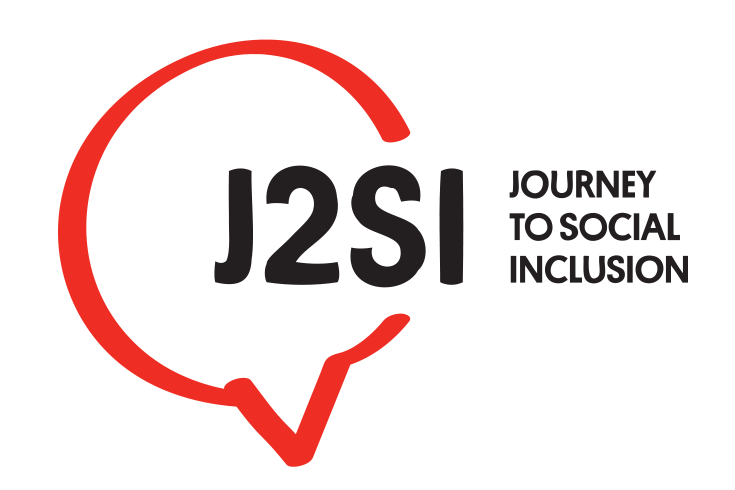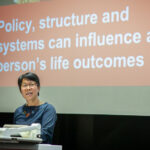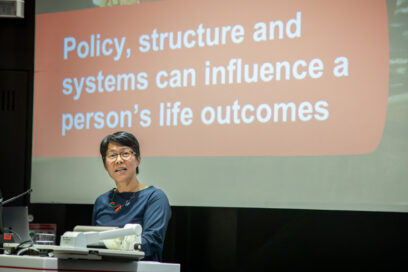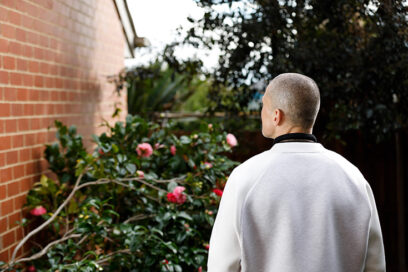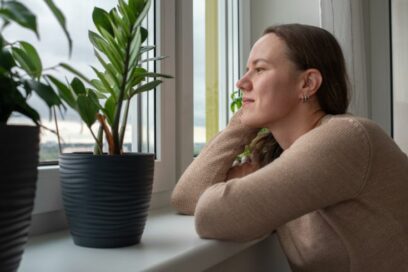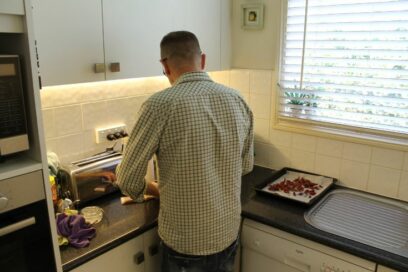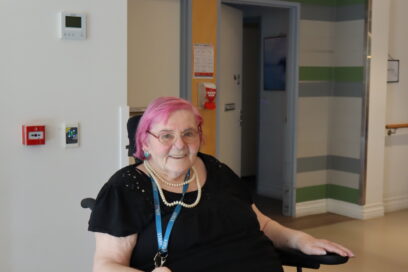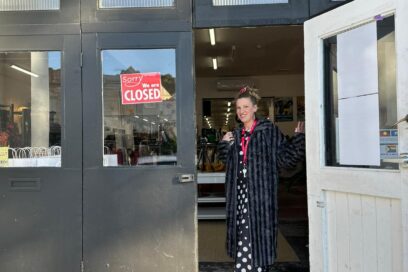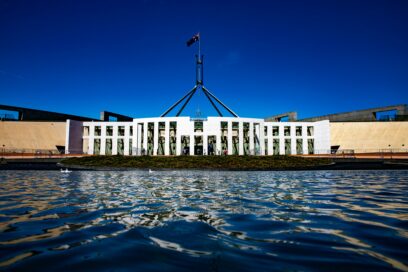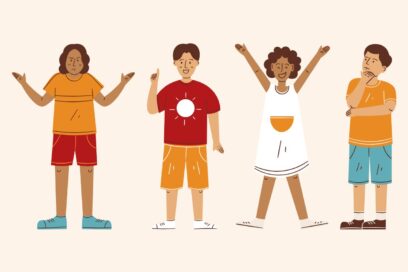The final-year reports of J2SI Phase Two show housing and support are key to solve homelessness and save the government money
Our innovative Journey to Social Inclusion (J2SI) program has been proven by research over more than 10 years to reduce chronic homelessness and improve all areas of people’s lives.
“Well, accommodation. I have got steady accommodation. [J2SI Case Manager] got me a nice place and I like it. That’s the biggest advantage I’ve had. I’ve been there nearly three years.
If you know where you’re gonna lay your head every night, where you’re gonna get a feed from, it does take a lot of stress out of you. It takes a lot of stress out of your life.”
– a J2SI participant
Our Journey to Social Inclusion (J2SI) program works with people experiencing long-term, chronic homelessness – and over three years they are supported to exit homelessness rather than simply manage it.
J2SI Phase Two was run from 2016 and supported 62 people across inner Melbourne. The program built on the success and learnings of the J2SI Pilot (2009-12), which supported 40 people in the St Kilda area.
Since its launch in 2009, J2SI has proven to create both social and economic benefits to participants, government, and the community.
J2SI Phase Three is currently underway and incorporates learnings from the delivery of Phase Two as part of SHM’s practice of continuous improvement. Phase Three is funded by a Social Impact Investment with the Victorian Government to support 180 people in Melbourne.

